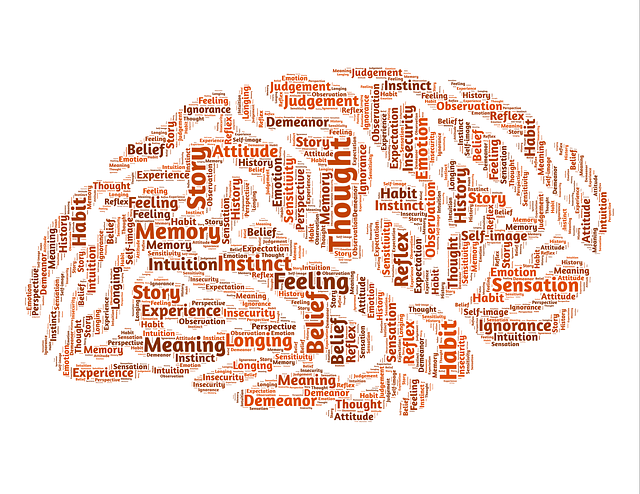-
Tips for becoming a good boxer - November 6, 2020
-
7 expert tips for making your hens night a memorable one - November 6, 2020
-
5 reasons to host your Christmas party on a cruise boat - November 6, 2020
-
What to do when you’re charged with a crime - November 6, 2020
-
Should you get one or multiple dogs? Here’s all you need to know - November 3, 2020
-
A Guide: How to Build Your Very Own Magic Mirror - February 14, 2019
-
Our Top Inspirational Baseball Stars - November 24, 2018
-
Five Tech Tools That Will Help You Turn Your Blog into a Business - November 24, 2018
-
How to Indulge on Vacation without Expanding Your Waist - November 9, 2018
-
5 Strategies for Businesses to Appeal to Today’s Increasingly Mobile-Crazed Customers - November 9, 2018
Human Brains are Different from Chimps Due to Plasticity
According to a new study, chimps do a lot of brainy things but when compared with humans, their brain power pales.
Advertisement
Three-dimensional models of chimpanzee and human skulls showing their endocranial casts (teal) and brains (purple).
The researchers found that human and chimpanzee brain size were both greatly influenced by genetics. In a study published on November 16, scientists discovered that human brains exhibit more plasticity, propensity to be modeled by the environment, than chimpanzee brains and that this may have accounted for part of human evolution.
In order to see the differences in plasticity in both brains, the team of researchers conducted tests on 218 human brains and 208 monkey brains.
In contrast, primates from the same family displayed little variation when it came to brain structure, their genes being the most decisive in influencing this particularity.
“We found that the anatomy of the chimpanzee brain is more strongly controlled by genes than that of human brains, suggesting the human brain is extensively shaped by its environment no matter its genetics”, lead study author Aida Gomez-Robles, postdoctoral scientist at the George Washington University Center, said in a press release. The researchers likewise used information from detailed family trees of chimps to measure the similarity in brains of genetically related individuals.
More precisely, the human brains had belonged to twins and other siblings, while the animal brains had also originated from closely related individuals, such as half siblings or parents and offspring.
On the other hand, brain organization was determined to vary significantly among humans, even when subjects shared almost identical genetic inheritance.
The portion of the genome responsible for brain size was very similar for both chimps and humans. While the chimp’s brain structure in inherited, it would seem that our own brain structure is highly dependent on the environment.
The team said that humans being born with underdeveloped brains may have contributed to increased neural plasticity.
The new results indicate that as brains grew larger and entered the world in a less developed state, it became increasingly advantageous to relax the genetic control of their organization, essentially providing a bigger, blanker canvas for adapting and learning.
Advertisement
This is one of the reasons why humans are equipped with superior intelligence, and can easily learn and adjust to a wide variety of cultures, lifestyles or environments. But brain structure was much less heritable in humans than in chimps. Professor William Hopkins, from the Neuroscience Institute, stated the human brain’s versatility could leave it vulnerable to a myriad of neurodegenerative diseases.




























